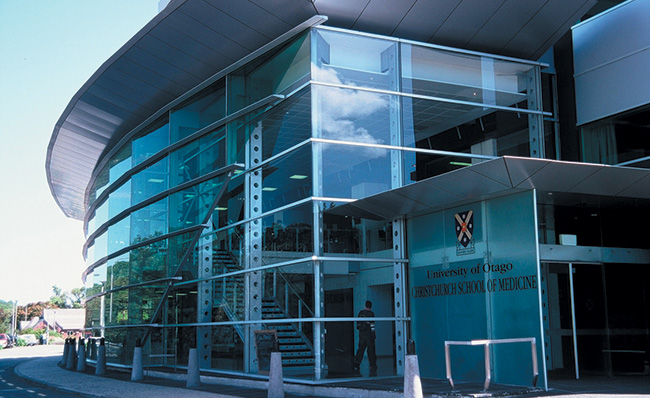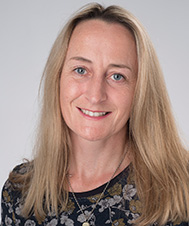 Thursday 5 April 2018 9:50am
Thursday 5 April 2018 9:50am
University of Otago, Christchurch, research has discovered a way to personalise cancer treatment to people with different types.
A University of Otago, Christchurch, researcher has for the first time identified unique genetic patterns for four different sub-types of colorectal cancer – which respond differently to a variety of cancer treatments.
The findings will mean in future clinicians can personalise treatment to people with different forms of the disease.

Dr Rachel Purcell, University of Otago, Christchurch.
Dr Rachel Purcell is studying the gut microbiome in bowel cancer and recently published a study in the Scientific Reports journal, which is affiliated with the prestigious Nature journal.
Purcell and her colleagues are the first to identify unique 'communities' of bacteria – with specific genetic patterns - present in four different sub-types of colorectal cancer.
Bowel cancer is currently treated as one disease, but scientists and clinicians believe many subtypes of the disease exist. Different subtypes of bowel cancer may respond better to different treatments – typically radiotherapy, chemotherapy, or surgery to remove the tumour.
Internationally, scientists are studying the microbiome – or communities of trillions of bacteria and the genes that comprise them – to understand their impact on health and disease. Gut microbiomes are potentially very important to diseases of the gut such as bowel cancer.
Thanks to the Cancer Society's tissue bank, based at the University of Otago, Christchurch, Purcell was able to analyse samples of colorectal tumour from more than 500 patients. She also has access to detailed information about those patients over the period of a decade, such as the kinds of treatment they had and survival rates.
The next step for Purcell and her colleagues is to analyse tissue bank samples to see which treatments worked best for patients with particular sub-types of cancer.
This will ultimately allow clinicians to determine the best treatment for individual patients, and means patients do not have treatments such as chemotherapy or radiotherapy if large-scale population data shows it does not work well against the sub-type of cancer they have.
For more information or to interview Dr Purcell, please contact:
Kim Thomas
Communications Manager
University of Otago, Christchurch
Mob +64 27 222 6010
Email kim.thomas@otago.ac.nz
A list of Otago experts available for media comment is available elsewhere on this website.
Electronic addresses (including email accounts, instant messaging services, or telephone accounts) published on this page are for the sole purpose of contact with the individuals concerned, in their capacity as officers, employees or students of the University of Otago, or their respective organisation. Publication of any such electronic address is not to be taken as consent to receive unsolicited commercial electronic messages by the address holder.